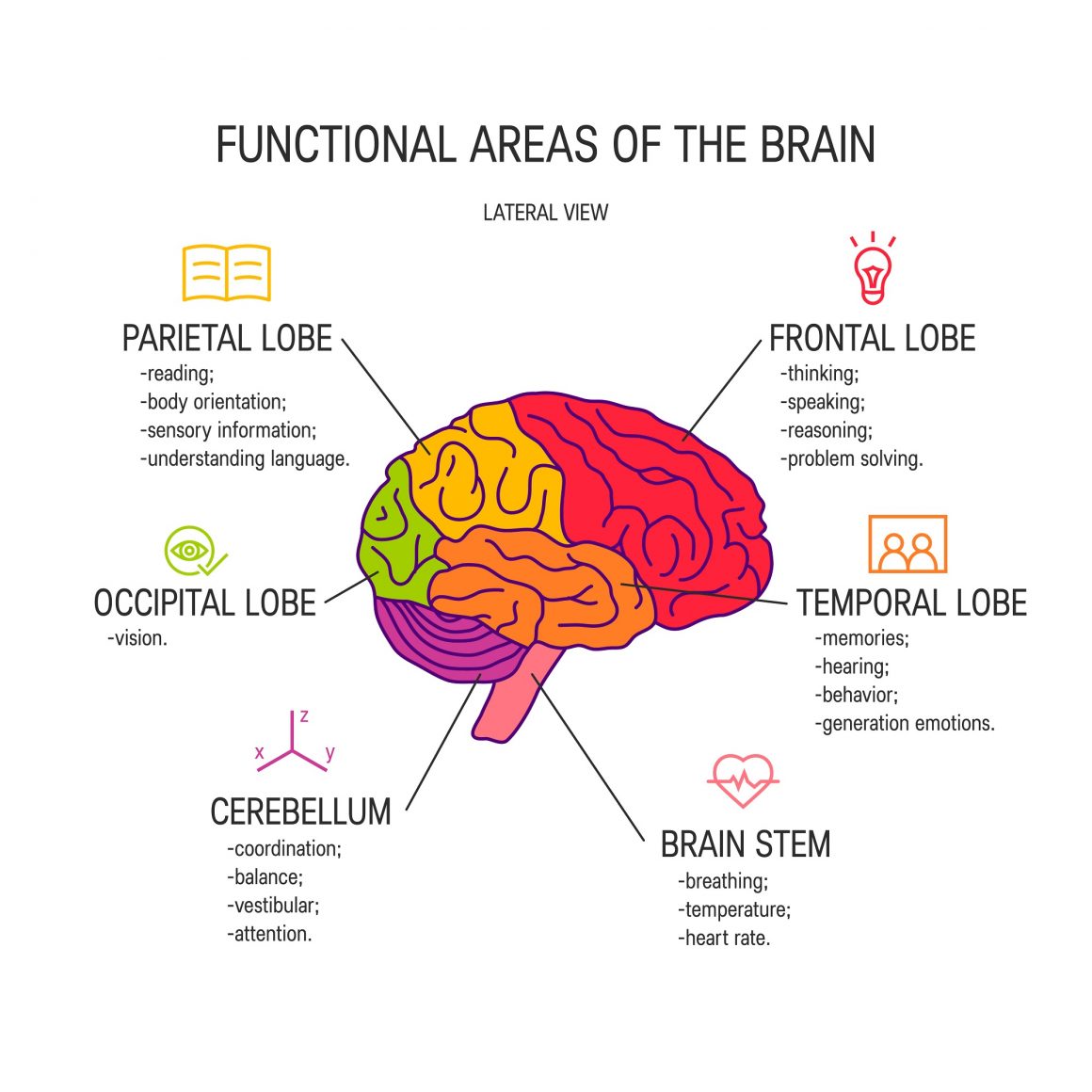While older adults are typically less tech obsessed than the rest of the population, more and more of them are connected to the web and tech savvy when it comes to their devices.
According to a study from Pew Research Center, 40% of older adults owned smartphones in 2017. Of those surveyed, 34% said they were on social media. Two-thirds of them were connected to the internet in some way.
There’s a variety of ways in which technology can help older adults, particularly when it comes to cognitive decline. Whether it’s apps designed to help improve memory, home sensing technology or facilitating social engagement to maintain self-esteem, technology now plays just as important of a role in the lives of older adults as it does in their younger counterparts.

The Technological Task
Technology use has become so commonplace, we rarely think of it as a cognitive task. But in fact, the act of logging on and using your devices has more benefit to your brain that you might think.
According to a study published in The Journals of Gerontology, this digital literacy helps reduce cognitive decline among people between the ages of 50 and 89. Some studies suggest that merely searching the internet for around an hour each day significantly alters brain activity, including noted increases in activity in the frontal lobe—the part of the brain that controls working memory and problem solving ability.

The types of tech related activities your brain benefits from are actually pretty standard as well. Things like paying your bills, online shopping, checking emails, playing games and watching videos for things you are passionate about all have a positive effect.
Additionally, the act of learning to use new tools and tech is helping the older adult become a lifelong learner. Research indicates that brain cells continue to grow during into a person’s 80s and 90s. Older adults who continue to learn new things well into their later years experience a better quality of life. By embracing digital technology, older adults can provide themselves opportunities to do just that.
The Social Impact
Loneliness and depression are two major culprits of poor senior health that contribute to cognitive decline. Maintaining a healthy social life is vital for older adults and technology can help facilitate that through the use of social networking sites such as Facebook.
A study published in the journal Cyberpsychology, Behavior and Social Networking concluded that “greater technology use was associated with better self-rated health, fewer chronic conditions, higher subjective well-being, and lower depression.”
These sites help us stay in touch with family, friends and co-workers at times and can be a good outlet for communication and getting to know new people as well as old acquaintances.
A report from the American Association of Retired Persons suggests that a growing number of adults want to connect with others via technology and that it plays an important role in maintaining an interest in hobbies and the world outside as well as helping older adults transcend the experiences of aging such as losing a spouse.
However, though tech is more successful than ever with older adults, it is widely recognized that companies need to do a better job of tailoring their experiences to the older adult. As the aging baby boomer generation reaches retirement, helping them understand the role technology can play in the aging process is beneficial for both the user and tech companies.
